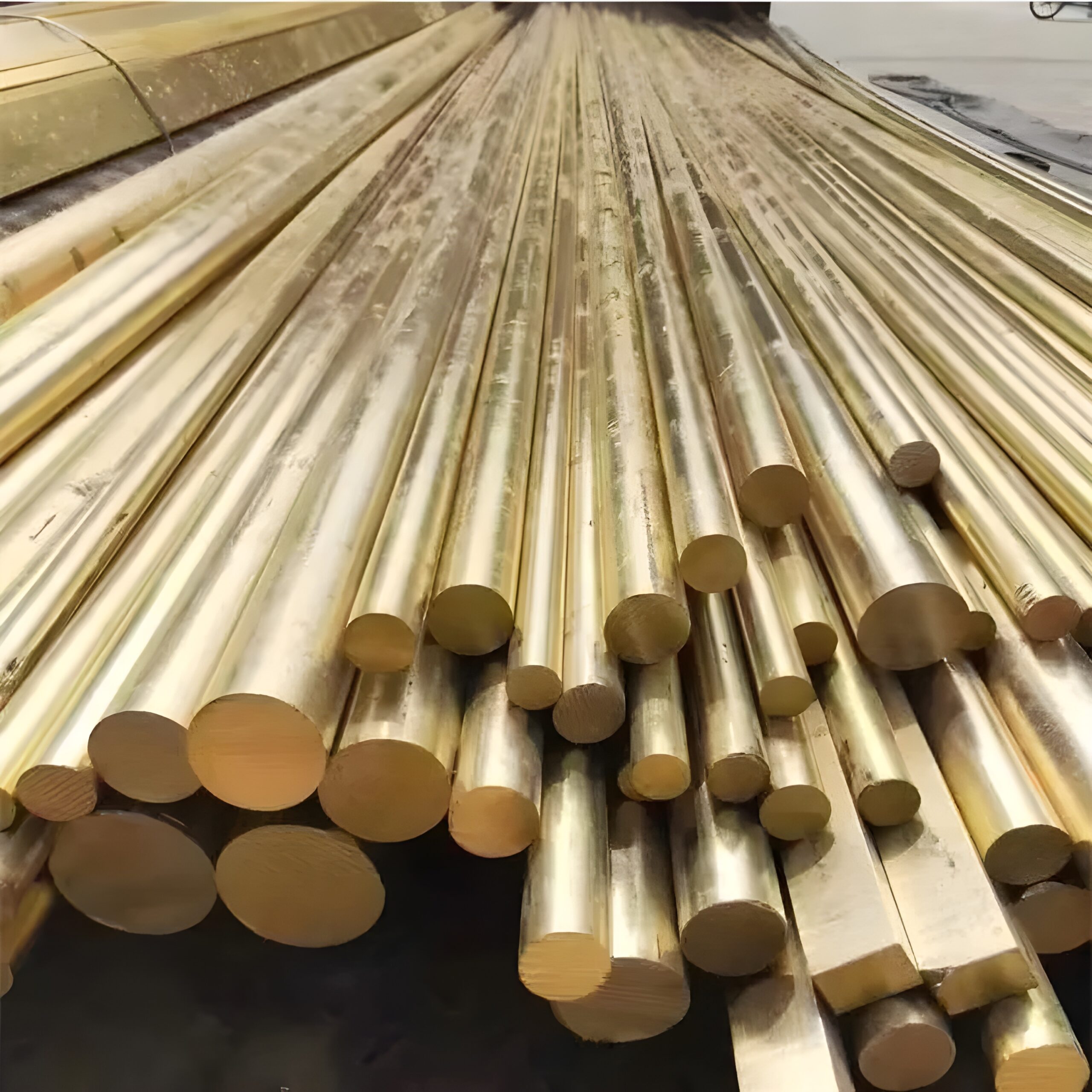DZR Forging Brass
- Home
- >
- DZR Brass
- >
- DZR Forging Brass

DZR Forging Brass
DZR Forging Brass is a specialized dezincification-resistant brass alloy designed for high-strength applications that require both corrosion resistance and good forgeability. This alloy is particularly suited for applications in plumbing, marine, and industrial sectors where mechanical performance and durability are essential.
Composition:
- Copper (Cu): Approximately 59-63%
- Zinc (Zn): Approximately 35-39%
- Tin (Sn): Approximately 1%
- Arsenic (As): Approximately 0.02-0.15%
Grades
C48600:
- UNS standard designation for DZR Forging Brass.
- Specifies the composition and mechanical properties for this type of brass.
ISO CuZn28Sn1:
- International Organization for Standardization (ISO) designation for a specific type of DZR Forging Brass.
- Specifies the requirements for copper-zinc alloys with tin content.
EN CuZn28Sn1As:
- European standard designation for DZR Forging Brass.
- Specifies the composition and properties for copper-zinc alloys with tin and arsenic content.
BS CZ 111:
- British Standard designation for DZR Forging Brass.
- Specifies the composition and mechanical properties for this type of brass.
JIS C4430:
- Japanese Industrial Standard designation for DZR Forging Brass.
- Specifies the composition and mechanical properties for this type of brass.
Russian L62-1:
- Russian standard designation for DZR Forging Brass.
- Specifies the composition and mechanical properties for this type of brass.
Properties:
- Corrosion Resistance:
- Exceptional resistance to dezincification, making it ideal for use in aggressive and saline environments.
- Good overall corrosion resistance, suitable for a variety of applications.
- Mechanical Properties:
- Tensile Strength: Typically around 350-550 MPa.
- Yield Strength: Approximately 100-250 MPa.
- Elongation: Generally around 20-30%, indicating good ductility.
- Hardness: Moderate hardness, with a typical Brinell hardness number (HB) of around 80-120.
- Thermal and Electrical Conductivity:
- Good thermal conductivity, making it suitable for use in plumbing and heating systems.
- Moderate electrical conductivity, lower than pure copper but sufficient for many industrial applications.
Applications:
Plumbing Systems: Used extensively in domestic and commercial plumbing systems, including fittings, valves, and connectors, due to its resistance to dezincification and ease of forging.
Marine Applications: Suitable for marine hardware and components exposed to seawater, due to its corrosion resistance.
Industrial Applications: Employed in industrial equipment where resistance to corrosion and mechanical strength are critical.
Forged Components: Ideal for components that require forging, such as valves, fittings, and various mechanical parts, due to its good forgeability.
